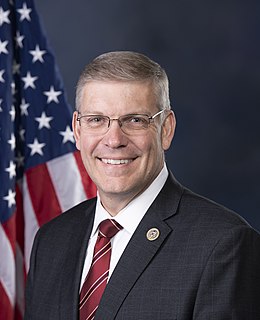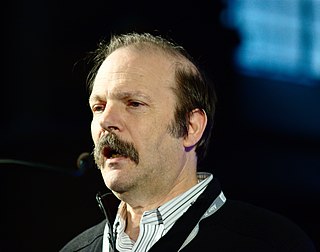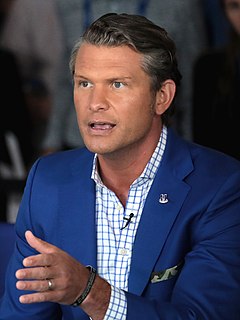A Quote by Mark Fisher
Neoliberalism emerged by defining itself against what it labelled as an unrealistic and unsustainable programme of social welfare and public spending.
Related Quotes
We have to remember, lefts are the people who created unsustainable national debt, unsustainable health insurance, health care, unsustainable college tuition and debt, unsustainable social welfare programs. Everything the left creates is unsustainable, it can't go on. Everything they create will eventually implode because it can't work as they designed it. Nothing they do is sustainable. That's the great irony. But they claim to know how to sustain life as we know it.
Doing for people what they can and ought to do for themselves is a dangerous experiment. In the last analysis, the welfare of the workers depends upon their own initiative. Whatever is done under the guise of philanthropy or social morality which in any way lessens initiative is the greatest crime that can be committed against the toilers. Let social busybodies and professional "public morals experts" in their fads reflect upon the perils they rashly invite under this pretense of social welfare.
Conservatives in general, and even so called Tea Party conservatives, are not against transportation spending. Indeed, interstate commerce is one purpose of interstate highways and byways, and is one of the things the federal government is actually supposed to spend our tax dollars on. What conservatives are opposed to is needless and excessive spending, pork-barrel spending, deficit spending, spending to pick winners and losers among American individuals and corporations, and spending to promote the social and economic whims of the Washington few.
I'd been a psychiatric social worker for 17 years, but within 24 hours after I started the case against studying reading Bible in school by my son, I was fired from my job as a supervisor in the city public welfare department. And I was unable to find another one. So my income was completely cut off.
Collective insurance policies and social protections have given way to the forces of economic deregulation, the transformation of the welfare state into punitive workfare programs, the privatization of public goods and an appeal to individual accountability as a substitute for social responsibility.
On the surface the avant garde as a whole seems united primarily in terms of what they are against: the rejection of social institutions and established artistic conventions, or antagonism towards the public (as representative of the existing order). By contrast any positive programme tends to be claimed as exclusive property by isolated and even mutually antagonistic sub-groups. So modern art appears fragmented and sectarian, defined as much by manifestos as imaginative work.
It turns out that we're actually capable of something other than neoliberalism and actually we're really capable of enjoying ourselves more than we do under neoliberalism. It feels that if neoliberalism is first about privatizing desire and imagination before the economy, then we're in this process of publicizing it again.
Both in the US and throughout the world, there needs to be a growing presence of public development banks. These banks would make loans based on social welfare criteria - including advancing a full-employment, climate-stabilization agenda - as opposed to scouring the globe for the largest profit opportunities regardless of social costs.... Public development banks have always played a central role in supporting the successful economic development paths in the East Asian economies.






































